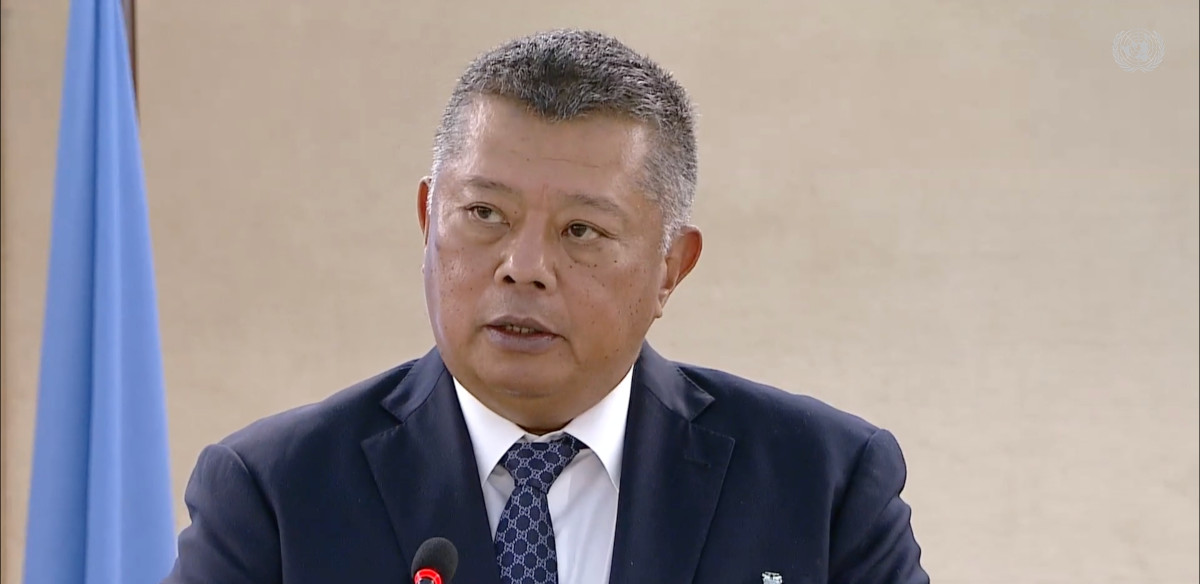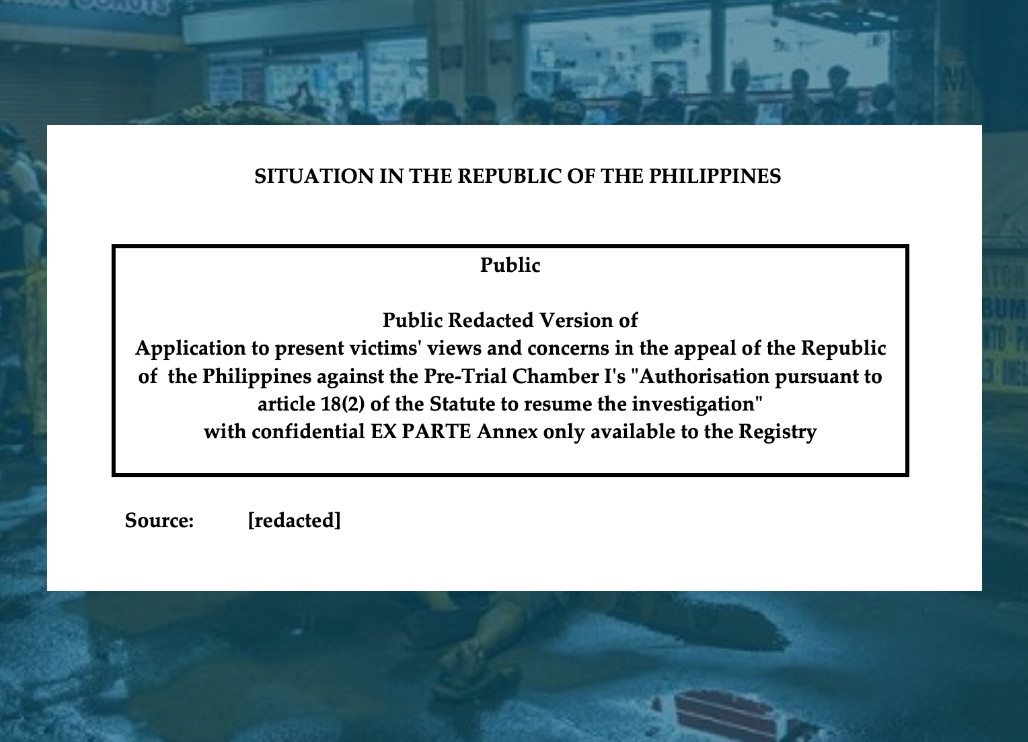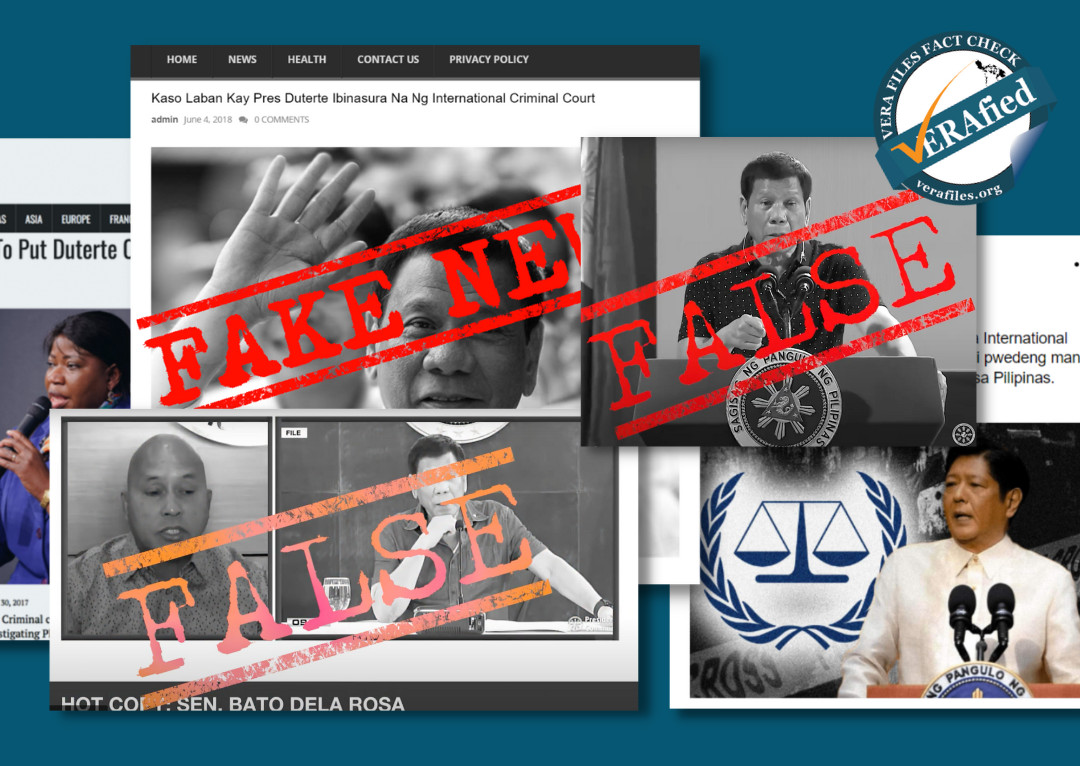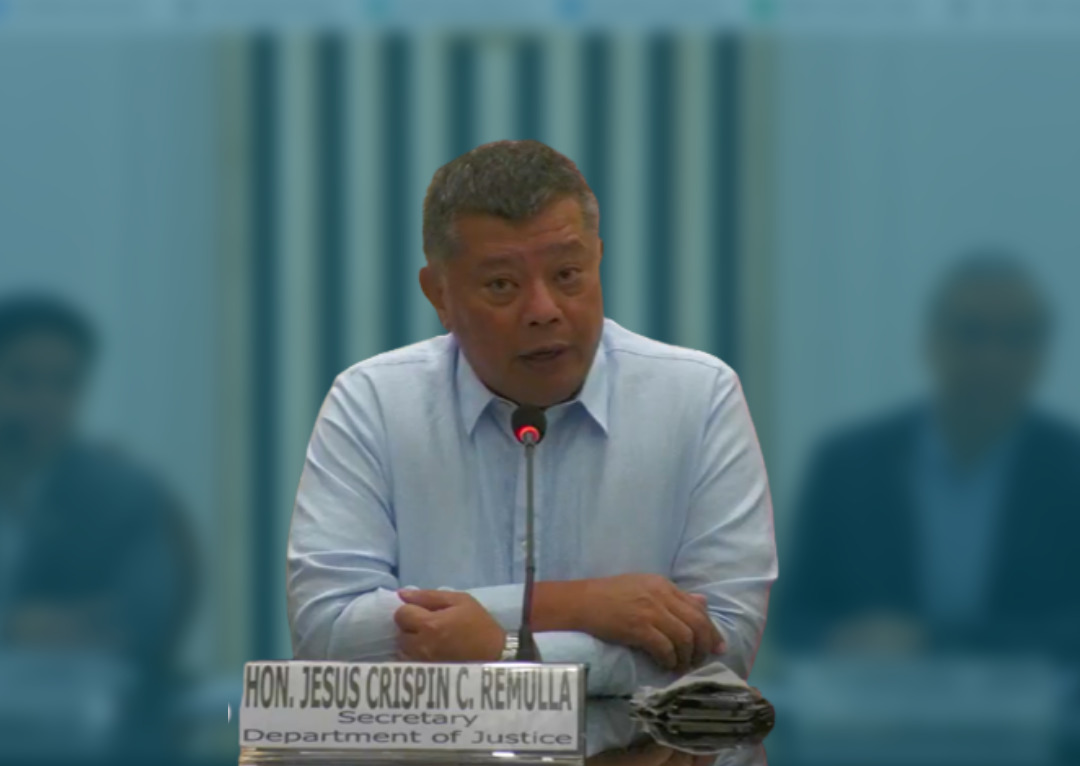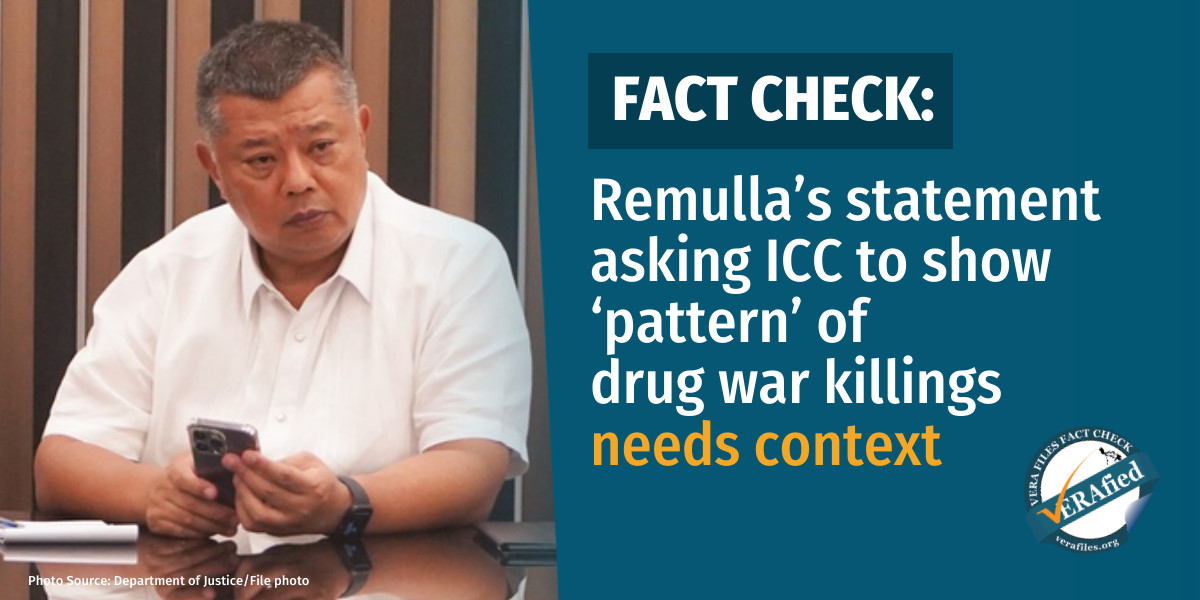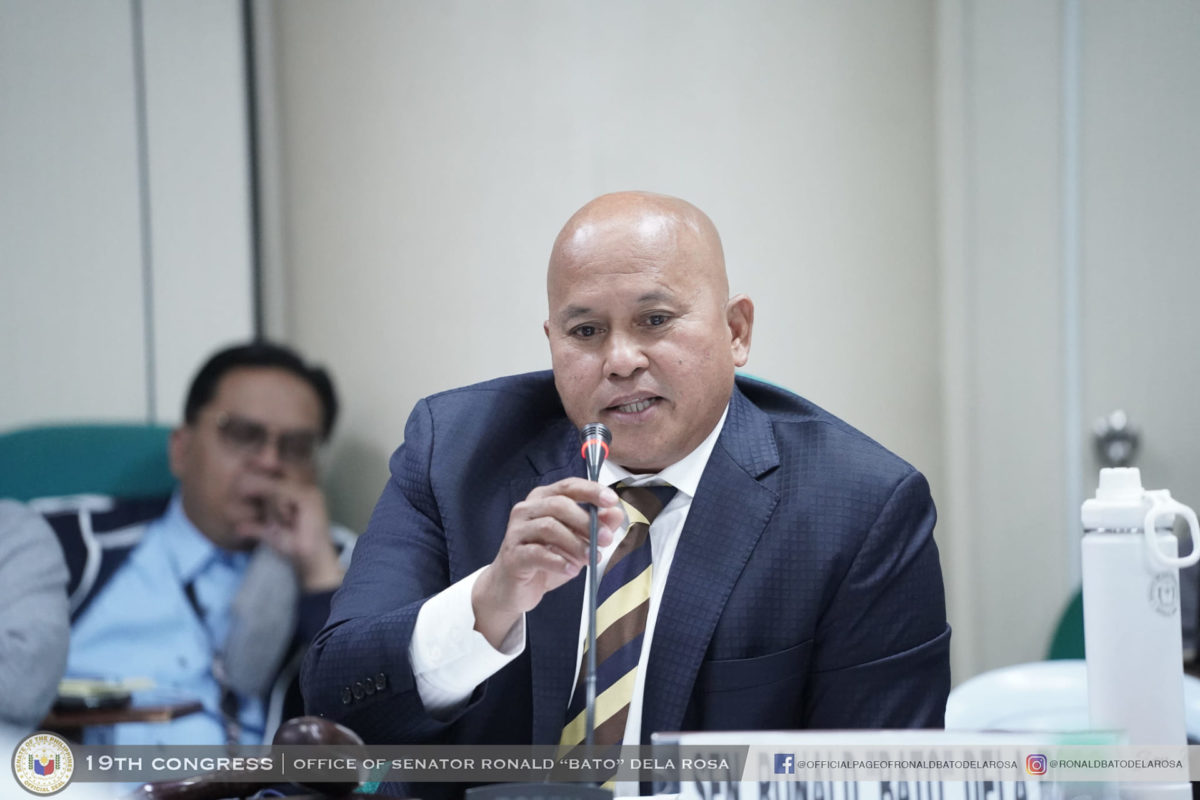Justice Secretary Jesus Crispin “Boying” Remulla once again claimed on March 1 that the International Criminal Court (ICC) has no jurisdiction to investigate the alleged crimes against humanity committed under former president Rodrigo Duterte’s drug war and the Davao Death Squad killings. This needs context.
This is the fourth time Remulla skipped context regarding the jurisdiction of the ICC.
See FACT CHECK: Justice Secretary’s comment on ICC jurisdiction needs context, FACT CHECK: For the second time, Justice secretary’s claim on ICC jurisdiction over PH needs context and FACT CHECK: Remulla skips context on Philippines’ membership in the ICC again
STATEMENT
Addressing the 52nd session of the United Nations Human Rights Council (UNHRC), Remulla said:
“Excellencies, the Philippines continues its open, constructive, and active engagement on human rights with UN and international stakeholders, including civil society… Yet, we draw the line, as any sovereign state must, when an international institution overreaches and departs from the boundaries of its creation. [I]n this context, the Philippine government rejects the ICC’s decision to resume investigations over alleged crimes committed during [the] anti-illegal drug campaign. The Philippines has a fully functioning justice system. Under the complementarity test, the ICC therefore has no jurisdiction over Filipino citizens whatsoever.”
Source: UN Media, High Level Segment – 52nd regular session of the Human Rights Council (27 February – 4 April 2023), March 1, 2023, watch from 4:52 to 05:03, 7:49 to 8:25
FACT
According to paragraph 2, Article 127 of the Rome Statute – the treaty establishing the ICC – a state party is not exempt from its obligations for the duration of its membership even if it has withdrawn. The Philippines was a state party from Nov. 1, 2011 to March 16, 2019.
Under its complementarity principle, the ICC only investigates alleged crimes against humanity that domestic courts are unwilling or unable to handle.
According to the Jan. 26 decision of the ICC Pre-Trial Chamber I to resume the investigation into such crimes in the Philippines, the government’s own probe covered only low-ranking police officers and failed to look into the “systemic nature” of these incidents.
“[G]iven the Court’s role and purpose, and the fact that the authorized investigation concerns alleged crimes against humanity, high-ranking officials are expected to be the investigation’s focus,” the Pre-Trial Chamber I ruled.
The Jan. 26 decision noted that a Department of Justice (DOJ) panel conducted only a “desk review” of 302 cases and does not count as an investigative activity according to Article 18, paragraph 2 of the Rome Statute.
Of 52 nanlaban (resisting arrest) cases, the panel found liability only on low-ranking police officers. For instance, the two officers convicted in the 2017 murder of 17-year-old Kian Delos Santos were a patrolman – the lowest rank in the Philippine National Police (PNP) – and a chief sergeant.
In its 2021 authorization request to investigate the drug-related crimes and Davao extrajudicial killings, the ICC Office of the Prosecutor noted that Delos Santos’ case is the only one to reach a verdict.
It is unclear if former PNP chief Ronald “Bato” Dela Rosa, now a senator, and Duterte were included in the investigation. Neither one has been charged for drug-related crimes in a local court.
The Philippine government, through the Office of the Solicitor-General, has until March 13, 11 p.m. Manila time to file its appeal to suspend the ICC probe.
